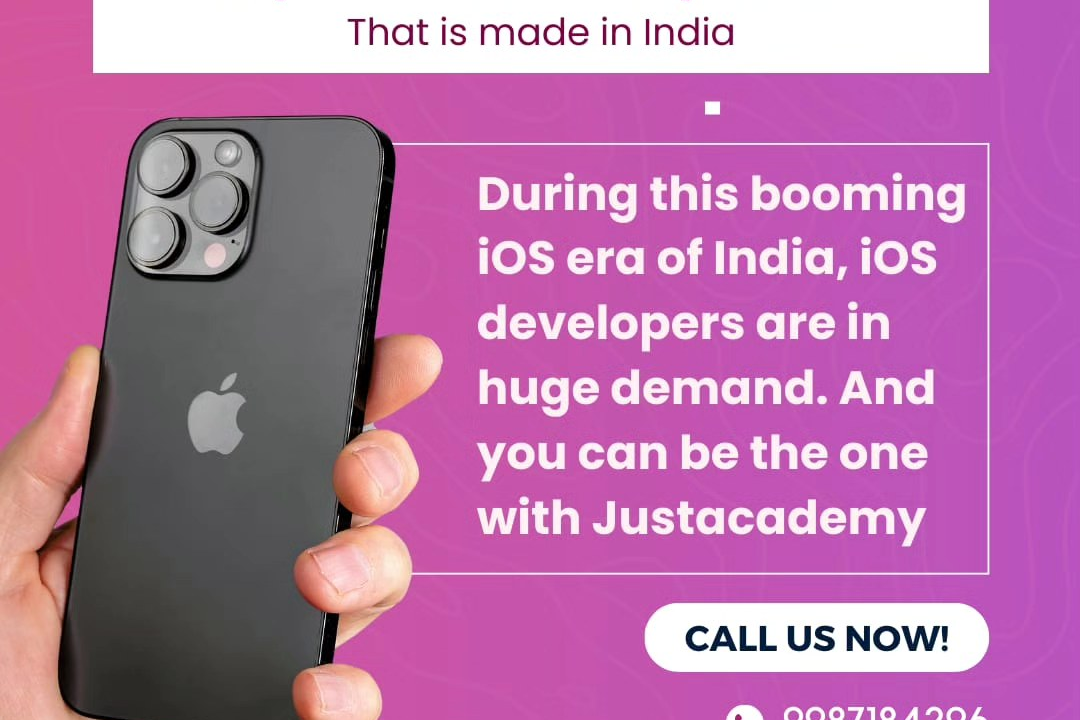Building Scalable Android Apps
Creating Scalable Android Applications
Building Scalable Android Apps
Building scalable Android apps involves designing applications that can efficiently manage increasing user loads and data so they remain responsive and functional as demand grows. This requires thoughtfully architecting the app with modular components, leveraging asynchronous programming to handle tasks like network calls and database access without freezing the user interface, and implementing robust data management strategies like pagination and caching. Utilizing cloud services for backend infrastructure can help dynamically handle varying workloads, while adhering to best practices in coding, such as following the MVVM (Model-View-ViewModel) design pattern and employing dependency injection, ensures that the app remains maintainable and adaptable to future requirements. Additionally, rigorous testing and monitoring of performance metrics are essential to identify and address scalability issues early on.
To Download Our Brochure: https://www.justacademy.co/download-brochure-for-free
Message us for more information: +91 9987184296
1 - Introduction to Android Development
Overview of the Android ecosystem, tooling, and architecture components. Basics of app lifecycle and components like Activities, Services, and Broadcast Receivers.
2) Understanding Scalability
Define scalability in the context of mobile applications. Discuss why scalability is crucial for user experience, performance, and long term success.
3) Architecture Patterns
Introduction to architecture patterns such as MVC, MVP, and MVVM. Discuss the importance of clean architecture for maintainability and scalability.
4) Using Android Jetpack
Overview of Jetpack components (e.g., LiveData, ViewModel, Room). How they help in building scalable and maintainable applications by handling configuration changes and data persistence.
5) Database Management
Discuss the use of local databases (SQLite, Room) and tips for structuring data efficiently. Address the importance of data normalization for scalability.
6) Network Operations
Best practices for network calls using Retrofit or Volley. Discuss asynchronous programming with Coroutines and handling network failure gracefully.
7) Managing State Efficiently
Techniques for state management, including ViewModel and SavedStateHandle. Importance of managing UI state for different configurations and devices.
8) Dependency Injection
Introduction to dependency injection and its importance in building decoupled components. Overview of frameworks like Dagger and Hilt.
9) Responsive UI Design
Best practices for designing responsive UIs that adapt to different screen sizes and orientations. Importance of ConstraintLayout and resource qualifiers.
10) Testing and QA
Discuss unit testing, UI testing, and integration testing. Tools including JUnit, Espresso, and Robolectric for ensuring app quality and reliability.
11) Version Control
Introduction to using Git/GitHub for version control in Android projects. Best practices for collaboration and managing changes in codebases.
12) Performance Optimization
Techniques to optimize app performance, including memory management, background processing, and using efficient algorithms to handle data.
13) Monitoring and Analytics
Setting up logging and crash reporting tools (like Firebase Crashlytics). Importance of using analytics to understand user behavior and application performance.
14) Continuous Integration/Continuous Deployment (CI/CD)
Overview of CI/CD practices in Android development using tools like GitHub Actions or Jenkins. Automating builds and releases for rapid iteration.
15) Deployment Strategies
Discuss various deployment strategies, including beta testing with users using platforms like Firebase App Distribution. How to manage app updates effectively.
Conclusion
Recap the importance of scalability in Android app development. Encourage continuous learning and adaptation to the evolving Android ecosystem. Option for hands on projects to reinforce concepts.
This structured training program can ensure that students gain a thorough understanding of the fundamental concepts and practices necessary for building scalable Android applications.
Browse our course links : https://www.justacademy.co/all-courses
To Join our FREE DEMO Session: Click Here
Contact Us for more info:
Flutter Web Tutorial
python training in chennai
Flutter training in Pondicherry
Best Software Testing Classes In Pune











